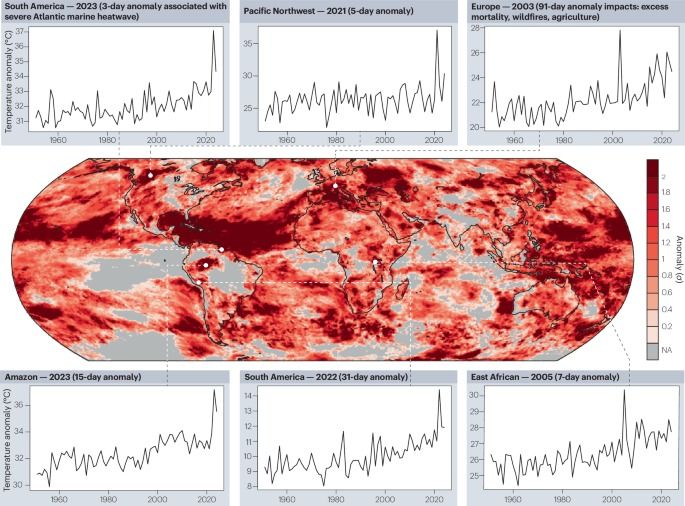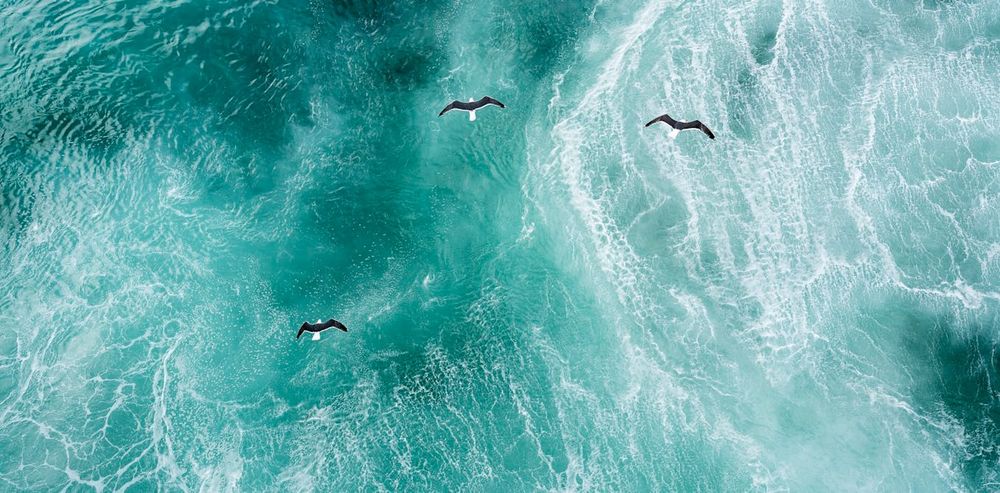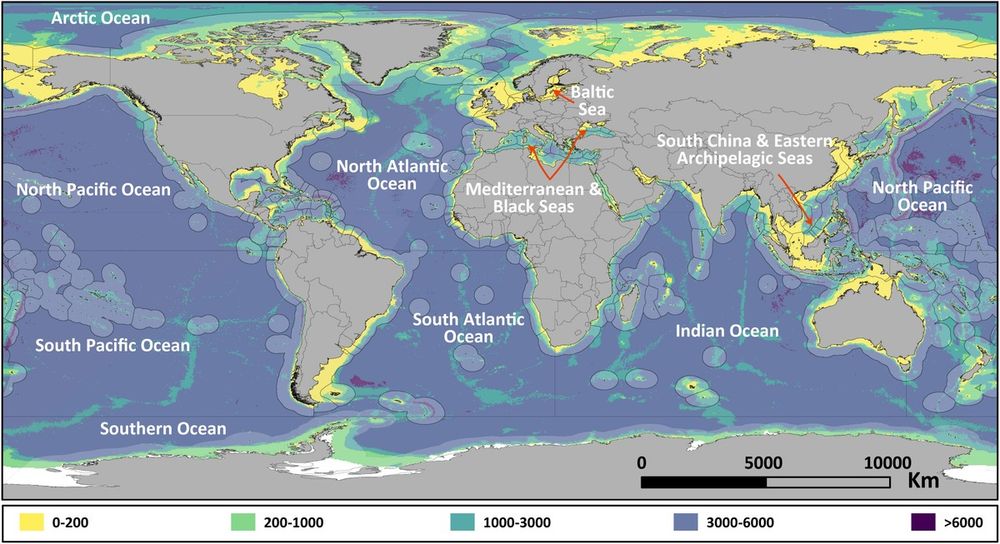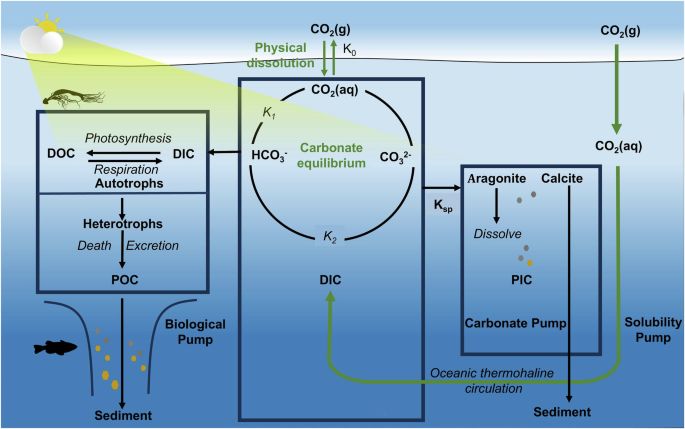IPSO - International Programme on the State of the Ocean
@oceanipso.bsky.social
330 followers
240 following
260 posts
Bridging Science and Policy for a Healthy Ocean 🌊 https://stateoftheocean.org
Posts
Media
Videos
Starter Packs
Reposted by IPSO - International Programme on the State of the Ocean
Reposted by IPSO - International Programme on the State of the Ocean
Reposted by IPSO - International Programme on the State of the Ocean


























